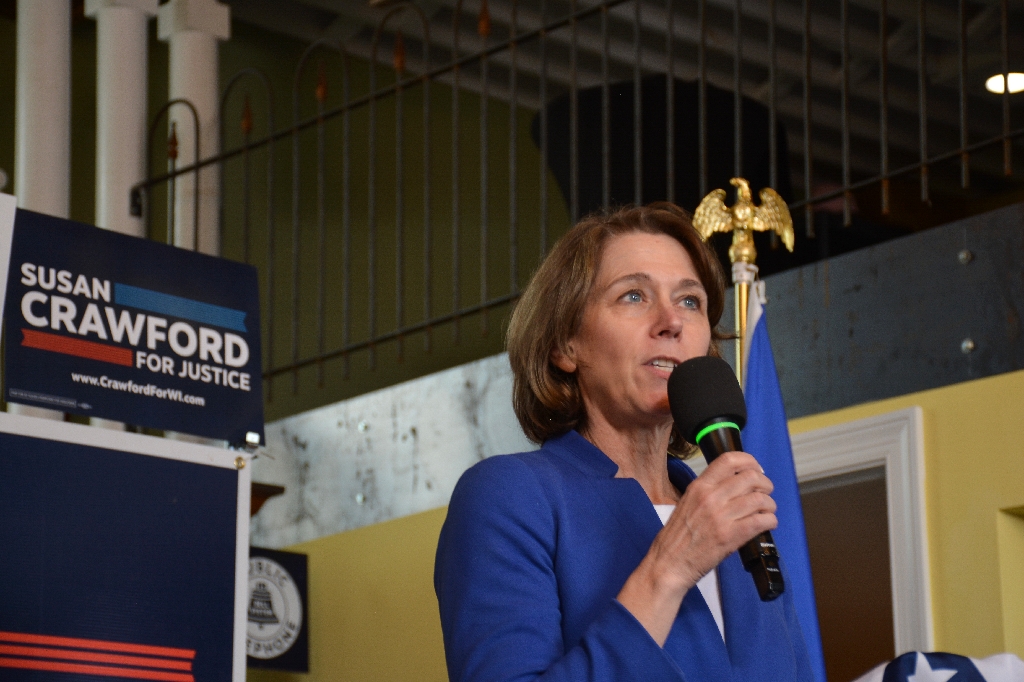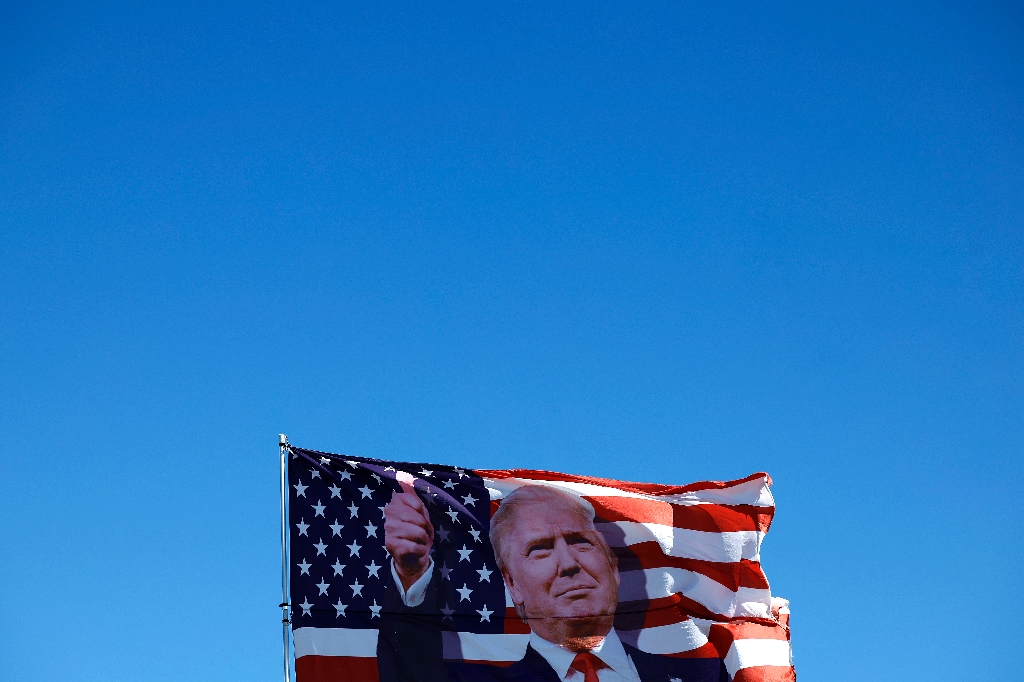Two US lawmakers met Taiwanese president-elect Lai Ching-te on Thursday to reaffirm Washington’s support for the self-ruled island, which China claims as part of its territory.
Lai won the January 13 poll despite warnings from Beijing that he would bring “war and decline” to Taiwan, securing a third term for the Democratic Progressive Party that rejects China’s claim to the island.
Democrat Ami Bera of California and Florida Republican Mario Diaz-Balart arrived in Taipei on Wednesday in their roles as co-chairs of the Congressional Taiwan Caucus.
They are expected to stay until Friday.
“Among the main messages we are bringing here today…is that the support of the United States for Taiwan is firm, it’s real and it’s 100 percent bipartisan,” Diaz-Balart said in a meeting with Lai.
Lai, who is Taiwan’s current vice president, thanked them for showing their support via “concrete action”.
“Your visit at this important juncture fully demonstrates the US’ rock-solid support of Taiwan.”
He said he hoped the US Congress would “continue to support Taiwan in bolstering our self-defence capabilities so that we can jointly safeguard regional peace, stability and prosperity”.
Bera and Diaz-Balart — who also met with President Tsai Ing-wen Thursday — represent the second US group to arrive since Taiwan’s closely watched presidential election.
The first was an unofficial delegation sent by President Joe Biden to congratulate Lai two days after the vote.
But that visit was overshadowed by Pacific nation Nauru abruptly announcing it was switching allegiance to Beijing, leaving Taipei with just 12 remaining diplomatic allies.
While the United States recognises Beijing over Taiwan, it is a key partner of the island and a major weapons provider — though delivery has been greatly delayed due to Russia’s war in Ukraine.
Diaz-Balart said he was “optimistic (Taiwan will) see concrete improvements” though he did not provide a timeline.
“I think you’re going to see now a pretty healthy increase in defence spending to make sure we have the ability to ramp up,” he told reporters in a press conference.
Reaffirming the United States’ support for the status quo, Bera said the goal of building up Taiwan’s defence capabilities was to deter conflict.
“We are not changing the status quo but we have to respond to external pressures…it’s not about seeking conflict — it’s about seeking peace, prosperity and the right to your own future,” Bera said.
He added that he hoped Taiwan would be able to have dialogue with Beijing — which had severed high-level communications with Tsai since her election in 2016 over her defence of Taiwan’s sovereignty.
“We should keep lines of communications (with Beijing) open…but I think we need to do that from a place of strength, not a place of weakness,” Bera said.
– ‘Negative words and deeds’ -China has never renounced the use of force to try and bring Taiwan under its control and has maintained a near-daily military presence around the island.
On Wednesday, 18 Chinese warplanes, six naval vessels, and three Chinese balloons were detected around Taiwan, according to Taipei’s defence ministry.
On the same day, a US warship sailed southward through the Taiwan Strait, a sensitive waterway separating the island from China, the US Navy said in a statement.
“(The USS John Finn’s) transit through the Taiwan Strait demonstrates the United States’ commitment to upholding freedomof navigation for all nations as a principle,” it said.
“No member of the international community should be intimidated or coerced into giving up their rights and freedoms.”
In Beijing, the foreign ministry complained Thursday that Washington had “carried out a series of negative words and deeds” since Lai’s election.
Spokesman Wang Wenbin urged the United States to “immediately stop infringing and provocative actions” and “stop causing trouble for peace and stability across the Taiwan Strait”.
– Walid BERRAZEG




